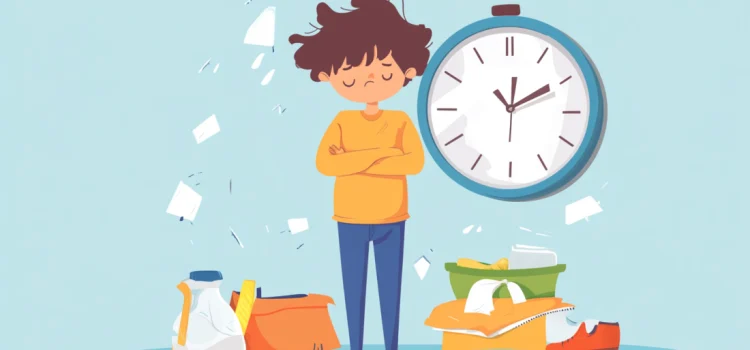Do you put off work that needs to get done? What’s the book Solving the Procrastination Puzzle about? In Solving the Procrastination Puzzle, psychologist Timothy A. Pychyl contends that you aren’t procrastinating because you’re bad at managing your time. Instead, you’re procrastinating because you haven’t learned how to handle your emotions. Read below for a brief Solving the Procrastination Puzzle book overview.
Solving the Procrastination Puzzle: Book Overview & Takeaways










